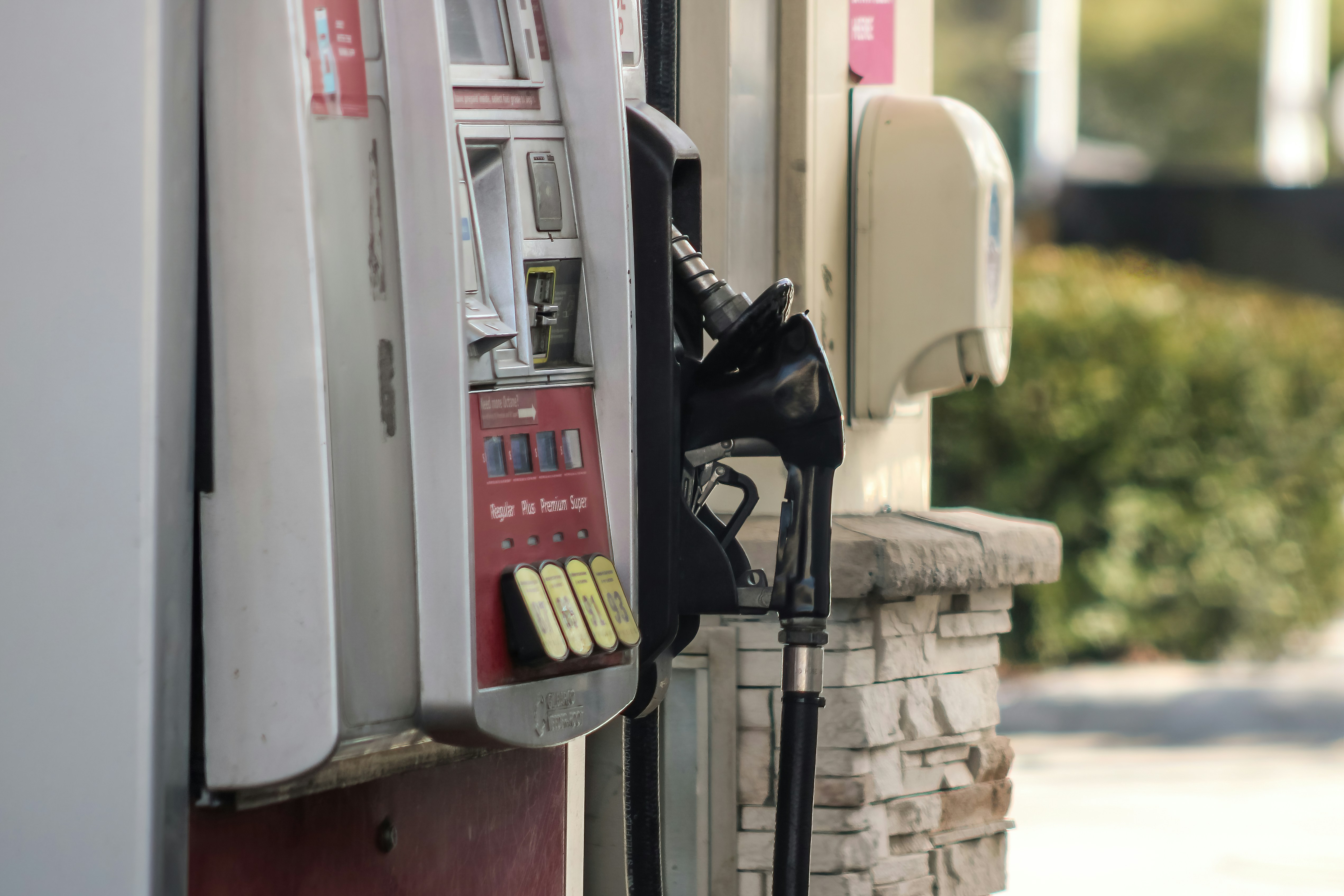Power Generators: Your Reliable Backup Electricity Solution
Power outages are unpredictable—stay prepared with a reliable power generator. Whether for home, business, or emergency use, generators provide backup electricity to keep essentials running. Choose from gas, diesel, or solar options to suit your needs.

What Are Power Generators?
Power generators are mechanical devices that convert mechanical energy into electrical energy, providing electricity when standard power grid connections are unavailable. These versatile machines come in various sizes and types, designed to meet different power requirements for residential, commercial, and industrial applications. From small portable units to large standby systems, power generators ensure uninterrupted power supply during emergencies or in off-grid locations.
Types of Power Generators
Different power generators serve unique purposes and operate using various fuel sources. The primary types include:
-
Portable Generators: Lightweight and mobile, ideal for construction sites, camping, and temporary power needs.
-
Standby Generators: Permanently installed and automatically activate during power outages, typically used in homes and businesses.
-
Inverter Generators: Provide clean, stable electricity for sensitive electronic devices with minimal noise.
-
Solar Generators: Utilize solar panels to generate and store electricity, offering an environmentally friendly alternative.
Choosing Reliable Power Generators
Selecting a reliable power generator depends on several critical factors:
-
Power output requirements
-
Fuel efficiency
-
Noise levels
-
Portability
-
Maintenance needs
-
Intended usage environment
Consider your specific power needs, budget, and intended application when selecting a generator to ensure optimal performance and reliability.
Power Generator Fuel Options
Power generators operate using different fuel sources, each with unique advantages:
-
Gasoline: Most common, widely available, but less fuel-efficient
-
Diesel: More fuel-efficient, longer lifespan, ideal for heavy-duty applications
-
Propane: Clean-burning, longer shelf life, lower emissions
-
Natural Gas: Cost-effective, clean-burning, suitable for permanent installations
-
Solar: Renewable, zero emissions, minimal operating costs
| Generator Type | Typical Power Range | Average Cost Range | Best For |
|---|---|---|---|
| Portable | 2,000-4,000 watts | $400-$1,500 | Camping, Emergency Backup |
| Standby | 8,000-22,000 watts | $2,000-$5,000 | Home, Small Businesses |
| Inverter | 1,000-4,000 watts | $500-$2,500 | Sensitive Electronics |
| Solar | 500-2,000 watts | $500-$3,000 | Eco-conscious Users |
Prices, rates, or cost estimates mentioned in this article are based on the latest available information but may change over time. Independent research is advised before making financial decisions.
Maintenance and Safety Considerations
Proper generator maintenance ensures longevity and reliable performance:
-
Regular oil changes
-
Clean air filters
-
Check fuel systems
-
Store in dry, ventilated areas
-
Follow manufacturer’s maintenance guidelines
-
Use proper safety equipment
-
Maintain adequate ventilation during operation
Generators produce carbon monoxide, so always operate in well-ventilated areas and follow manufacturer safety instructions carefully.
Power generators provide a critical backup solution for maintaining electrical continuity in various scenarios. By understanding your specific power needs and selecting the appropriate generator type, you can ensure reliable electricity when traditional sources fail.




